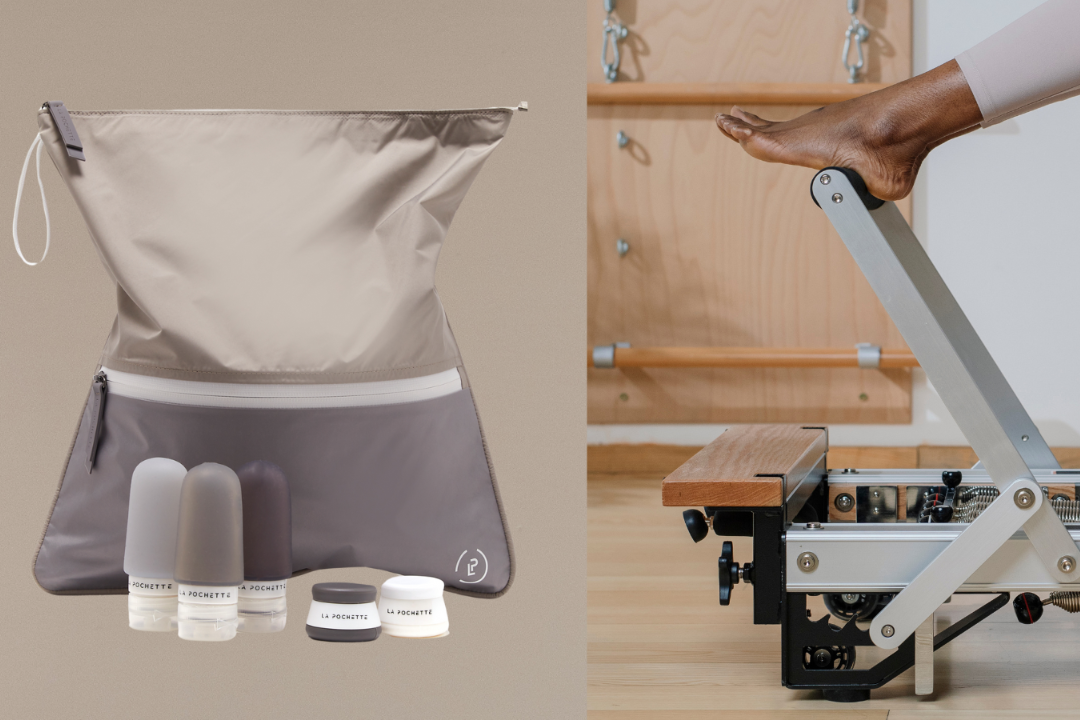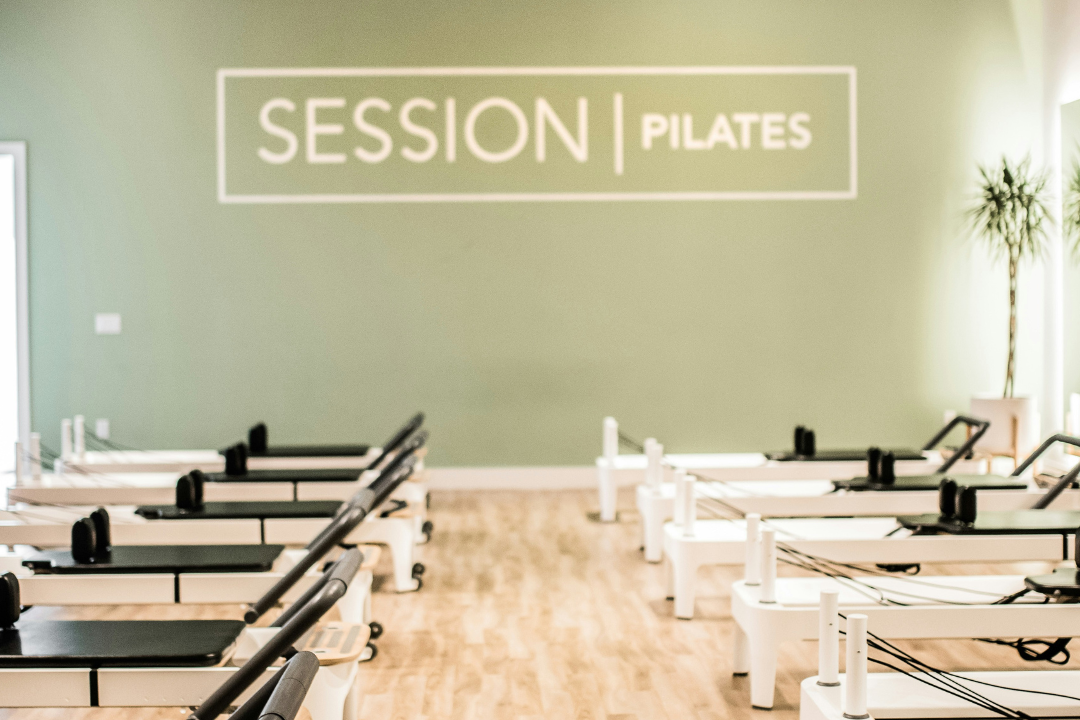As Robert Butler once famously uttered, “If exercise could be packaged in a pill, it would be the single most widely prescribed and beneficial medicine in the nation.” It’s no secret that movement is good for us.
The benefits of regular exercise are limitless - from increased energy and longevity to better digestion and even a higher sex drive. And yes, getting to sneak in that extra cupcake at dinner time. But what about the grey matter? Taking a closer look under the hood, La Pochette delves into the details of what happens to our brains when we work up a sweat and why it can make us happier.
What’s going on up there?
When you pull on those trainers (or dance ‘Hugh Grant in Love Actually’ style around the living room) your body releases a series of chemicals such as dopamine and endorphins, which in turn make your brain feel happy (or at least, aid the process). Research suggests that we don’t actually feel this straight away - it takes around ten minutes* for the effects of exercise to kick in, with sustained improvement after 20 minutes.
Not only is your brain pumping out feel-good chemicals along the way, it can also deplete the volume of chemicals that make you feel anxious, stressed and generally miserable - a ‘win win’ scenario. Regular exercise can also help in helping to control your emotions, which is why you might feel ‘reset’ after you head out for a quick run when Monday feels like being Monday at work or your mother-in-law pays an unexpected visit.
For celeb trainer and performance coach Chris Wharton, founder of Palm Rock Retreats, exercise is a simple way to remodel our brains in a world filled with factors that inhibit our dopamine levels. He told La Pochette: “Put very simply, exercise makes your brain more sensitive to joy, and is a wonderfully effective tool for doing so! By exercising regularly, we can remodel our brains to produce more dopamine, the monoamine neurotransmitter that is critical in our ability to think, feel and experience pleasure.
Sadly, the symptoms of low dopamine levels are all too common and can have a severe impact on your mood, energy levels, attention, sleep and overall cognition. Luckily, the most common cause of dopamine deficiency is poor lifestyle choices, which fortunately we can change by manipulating our daily habits/routines. Exercise is perhaps the easiest way of achieving this.”
There’s more to this than just a feel-good factor though. Exercise boasts serious long term benefits associated with memory function too. Many studies have suggested that the parts of our brains which control thinking and memory are larger in volume in people who exercise compared to those who live sedentary lifestyles. It also has a knock on effect by indirectly improving mood and sleep behaviours, both of which are linked to cognitive impairment.
What’s more, frequent aerobic exercise has also been shown to help people with Parkinson’s disease, a condition in which low dopamine levels disrupt the brain’s ability to control body movements. Multiple animal studies* have shown that engaging in intense exercise several times per week can significantly improve motor control, suggesting a link between the dopamine system and intense movement.
But it doesn’t take a full on HIIT workout to feel the benefits of exercise. Slower, gentle movements have plenty of brain-boosting effects too. Inspired by the core principles of Pilates and a love of movement, Heartcorepilates classes are specifically designed to shift energy and create long-lasting strength - with a focus on both mind and body. For its founder, Jessie Blum, exercise is a form of self-love that goes beyond the scientific facts and takes a holistic approach instead.
She told us: "Happiness is being present, finding joy and gratitude in every moment. In Pilates we understand that the mind and body are in service of each other rather than separate entities. By focusing on our breath, mindful movements, releasing tension, bringing awareness to how we feel and empowerment to what we are capable of, we strengthen the bond between our mind and our body.
It is really a form of self-love. Mind to body: I accept you. I see you. I acknowledge you. I am here for you. That’s what ‘I love you’ means — and more. And it’s that awareness, acceptance and appreciation of self that allows us to be more present, feeling joy and gratitude in everyday life (even when we're not exercising).”
So, more than ever, in the dark and dreary months of winter, there’s never been more reason to find a sport, workout or activity you enjoy. Not only will it benefit your body, but it could benefit your entire state of mind too.
Notes:
https://pubmed.ncbi.nlm.nih.gov/11515738/
https://www.ncbi.nlm.nih.gov/pmc/articles/PMC4621077/
Disclaimer: No content published on our Journal should be used as a substitute for direct medical advice from your doctor or other qualified medical professional.












